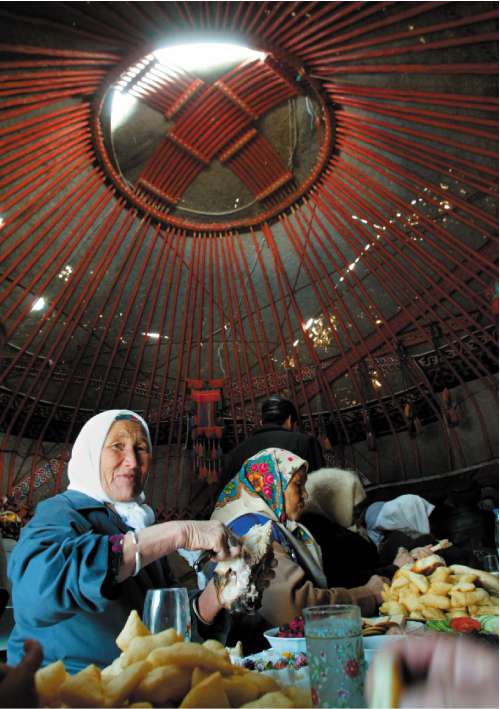Simon Calder: The man who uses three-letter words

The travel industry depends on TLAs. The Three Letter Acronym is particularly prevalent in aviation, where the right trio can make your heart sink – or sing. Should your luggage be tagged to FCO, HKG or SFO, for example, you can celebrate being bound for Rome, Hong Kong or San Francisco. (If, however, you are flying from LHR Terminal 5, the bags may end up in MXP, which you might imagine is derived from MiX-uP, but in fact is Milan Malpensa – the location of the baggage operation intended to reunite errant bags with their owners.)
You probably know that airlines have misappropriated pax, the Latin for peace, to signify "passengers"; in some quarters we are referred to as SLC, or "self-loading cargo". But did you know there is a singular, "pap", to describe a solo traveller?
The most enticing aviation abbreviation of all, though, is RTW – signifying a round-the-world itinerary. The only "pure" RTW ticket is offered by Air New Zealand, which flies daily from Heathrow to Auckland via both Hong Kong and Los Angeles. Buy a return ticket to New Zealand's largest city, and you will be able to choose to travel outbound via the Orient and inbound via California.
Other RTWs are available that combine the services of two or more airlines, and the big alliances – Oneworld, Star and Skyteam – market them under a variety of brand names. While this allows a much wider range of stopover options, large parts of the world are off-limits – Central Asia, for example. Or at least it was until this week, when the most unusual RTW of the century was unveiled. Its USP: this ticket includes Almaty, the largest city in Kazakhstan.
Air Astana, the national carrier for Kazakhstan, has a problem. Its twice-weekly flights from Heathrow to Almaty look a tad empty in the back of the plane. While the business-class cabin bulges with people en route to extract some of Kazakhstan's immense mineral and hydrocarbon wealth, the number of tourists comprises a good definition of the word "negligible". To boost the load factor, the airline has teamed up with two other airlines to create the strangest RTW on earth.
After the seven-hour flight to Almaty, you can fly onwards to Beijing. From there, your carrier is Asiana, a Korean airline, which will take you to Seoul. Here, you connect to California – your choice of Los Angeles or San Francisco. The original acronym airline, KLM, will whisk you across the Atlantic to Amsterdam, for a final city break before the onward journey to any of a dozen UK airports. Indeed, you could look upon this RTW as a trip from London to Aberdeen, the pretty way. And the price? A modest £1,099. But between London and Seoul, you should explore Central Asia's soul: Kazakhstan.
Everything you know about Kazakhstan is wrong, at least if you base your understanding of this vast country on the film Borat. Blame SBC: Sacha Baron Cohen, who created the fictitious television presenter, Borat, who starred in the movie of the same name. The scenes supposedly depicting Kazakhstan were actually filmed in a village in Romania (itself well worth a visit), which looks nothing like "the beauty of the Steppe and the majesty of its desert, rivers and gem-like lakes". That, by the way, is a description by none other than the Duke of York. HRH praises the nation thus in his preface for the new Odyssey Guide to Kazakhstan (£18.95). I learned from the book that this is one of the 10 largest countries on the planet (Western Europe would fit within its borders) and that it is the nation furthest from any ocean. Then I asked Erlan Idrissov, the Kazakh ambassador to Britain, how welcome and safe a stranger would feel in this strangest of lands?
"You'll be welcome and you'll be safe," his excellency assured me. "Because of the nomadic tradition, the guest is the highest priority in my country."
Page 100 of the guidebook backs up this assurance. It says you should announce your arrival at a home with the words, "Kuday konakpin!", which translates as "I am God sent". You may be unused to describing yourself as a gift of God; get used to it, along with the traditional slaughter of a ram in your honour.
Other rituals persist, too: on the previous page, the author, Dagmar Schreiber, warns: "Although prohibited by law, the traditions of bride kidnapping and polygamy still occur." Now that's something that doesn't happen often in LHR.
Join our commenting forum
Join thought-provoking conversations, follow other Independent readers and see their replies
Comments
Bookmark popover
Removed from bookmarks